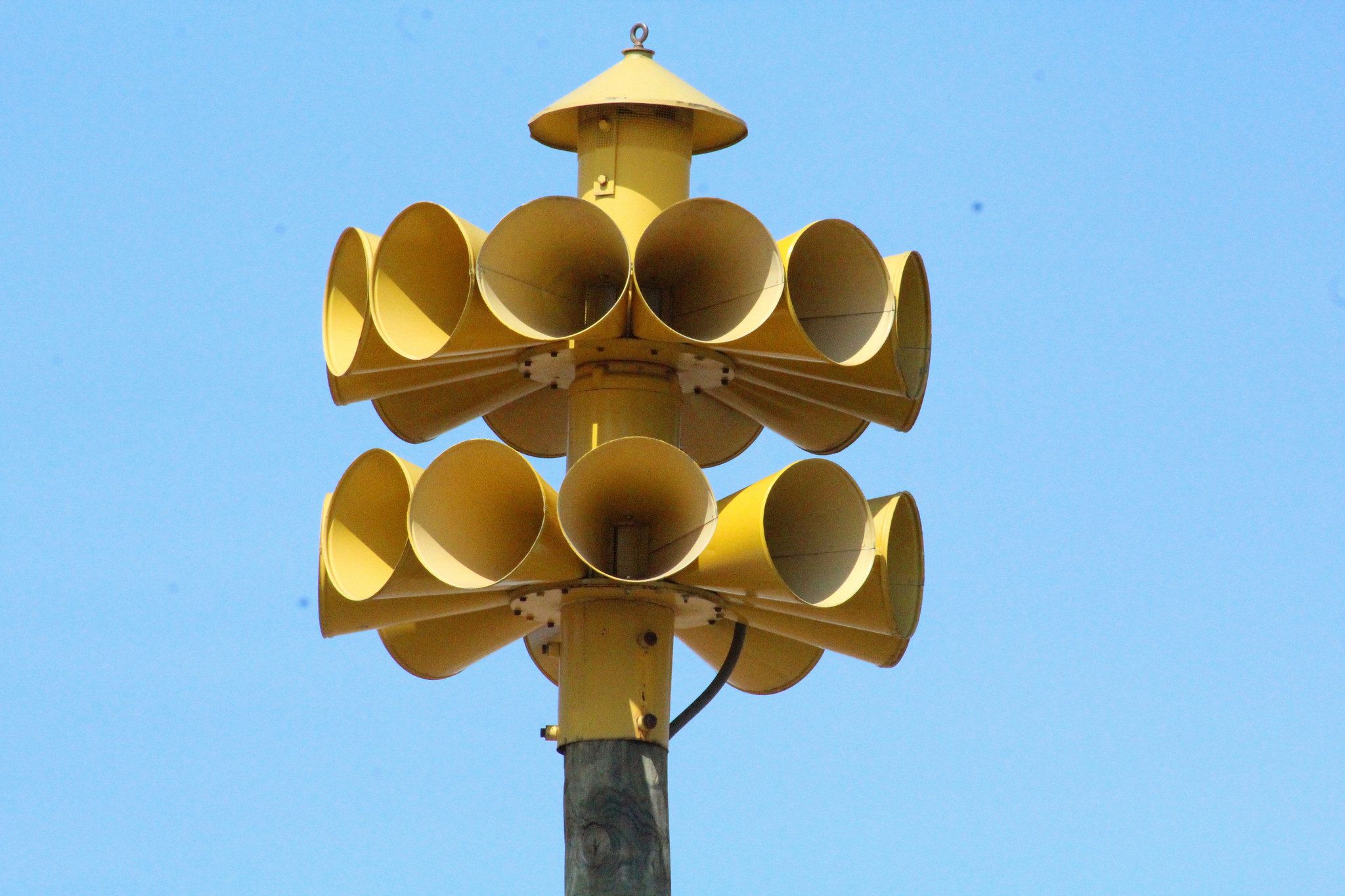Have you ever been startled by the blaring sound of a tornado siren going off in your neighborhood? It can be jarring and leave you wondering what’s going on. In this article, we will explore the reasons why the tornado siren goes off, what it signifies, and how you can stay safe during severe weather events.
**Why is the tornado siren going off?**
The tornado siren is activated as an alert system to warn people of an impending tornado or severe weather conditions. It serves as a crucial tool to ensure the safety of the community and encourage immediate action. When the tornado siren goes off, it means that there is a potential threat in the area, and everyone should take cover and seek shelter.
**Understanding tornado warnings**
Tornado warnings are issued by the National Weather Service (NWS) and are based on reports from trained spotters, weather radars, and other weather monitoring systems. These warnings are crucial because tornadoes can form quickly and cause significant damage within minutes. When a tornado warning is issued, it means that a tornado has been detected or is imminent, and immediate action should be taken to protect lives and property.
**What triggers the tornado siren?**
There are several triggers that can activate the tornado siren, including:
**1. Confirmation of a tornado sighting:** When a trained spotter or weather radar detects a tornado in the area, the siren is activated to alert the community.
**2. Severe thunderstorm warning:** Tornadoes often develop within severe thunderstorms. If a severe thunderstorm warning is issued and conditions are favorable for tornado formation, the tornado siren may be activated.
**3. Tornado watch:** A tornado watch is issued when weather conditions are favorable for tornado formation in a particular area. While not an immediate threat, a tornado watch means that you should be prepared and stay alert for further updates or warnings.
**4. System Testing:** Sometimes, the tornado siren may go off due to routine testing or maintenance. These tests usually occur during non-severe weather conditions and are meant to ensure that the siren system is functioning correctly.
**What should you do when the tornado siren goes off?**
When the tornado siren goes off, it’s important to take immediate action to protect yourself and your loved ones. Here are some steps to follow:
**1. Seek shelter:** Move to the lowest level of your home, preferably a basement or storm cellar. If you don’t have access to a basement, seek shelter in an interior room on the lowest level, away from windows.
**2. Get to a small, windowless, and central space:** If possible, find a small, windowless room in the center of your home. This will provide additional protection from flying debris.
**3. Cover yourself:** Use mattresses, blankets, or cushions to protect yourself from falling debris. Covering yourself will provide an additional layer of protection during a tornado.
**4. Stay informed:** Tune in to a local radio station or use a weather alert app to stay updated on the latest weather conditions and any further instructions or warnings.
**Frequently Asked Questions**
**1. Are tornado sirens always accurate?**
While tornado sirens serve as an important warning system, they are designed to cover a broad area and may not always be heard indoors or in remote locations. It is crucial to stay alert and rely on multiple sources of information, such as weather radios or mobile apps, to receive accurate and timely updates.
**2. How far can you hear a tornado siren?**
The audible range of a tornado siren can vary depending on weather conditions and the type of siren. Generally, you can hear a tornado siren within a range of one to two miles, but factors such as wind and obstacles may affect its audibility.
**3. Can tornado sirens warn against other severe weather?**
While tornado sirens are primarily used to warn of tornadoes, they can also be activated to warn of other severe weather events, such as damaging straight-line winds or large hail. However, it’s important to note that tornado sirens may not be the primary source for these warnings, and it’s always recommended to stay informed through additional sources.
**Final Thoughts**
In areas prone to tornadoes or severe weather events, the activation of the tornado siren is a crucial signal for people to take immediate action and seek shelter. By understanding the reasons behind the siren and knowing how to respond, we can better protect ourselves and our communities during severe weather events. Remember to rely on multiple sources of information and stay vigilant when it comes to weather safety. Stay safe!
